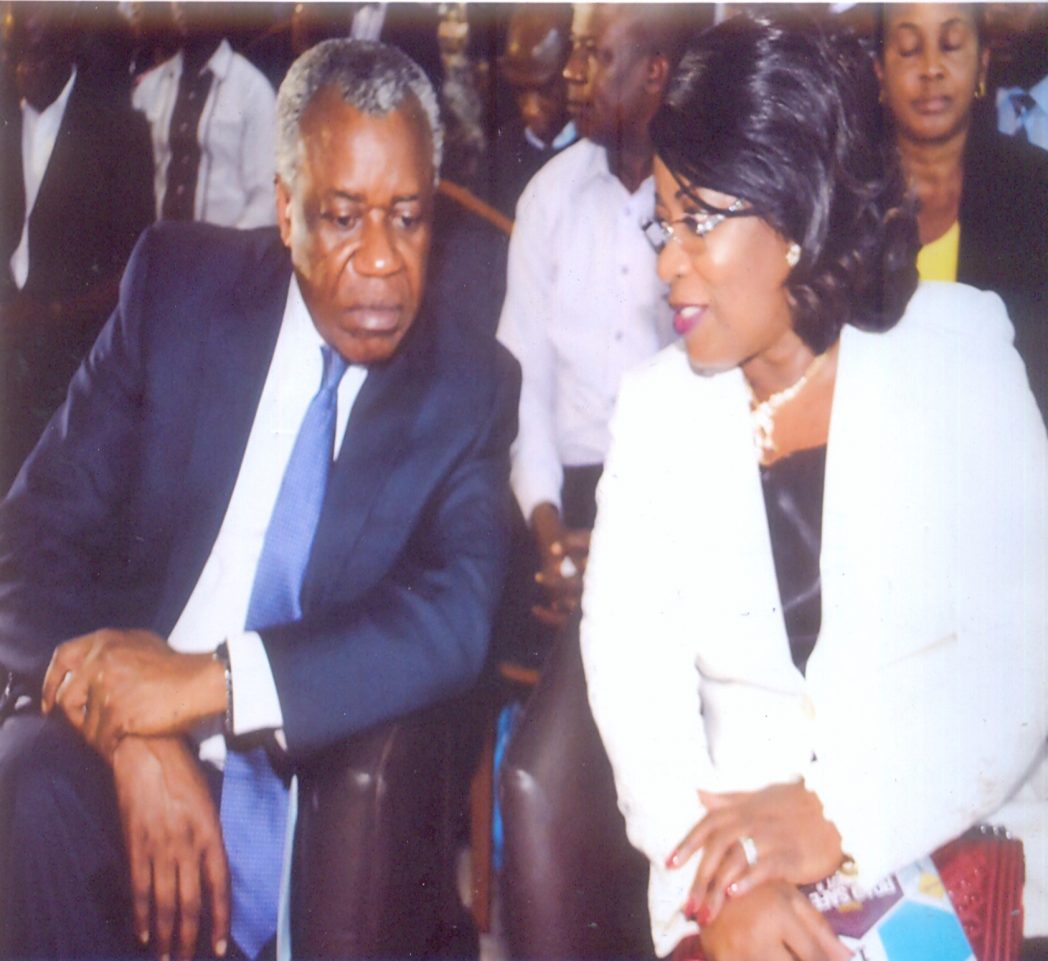Business
Bayelsa, NAOC To Partner On Agric Dev
Following the numerous agricultural programmes initiated by the Nigerian Agip Oil Company (NAOC) towards boosting food production in the Niger Delta region, the Bayelsa State Government has expressed willingness to collaborate with the multinational, with a view to enhancing agricultural development in the state.
The Governor who was represented by the Deputy Governor, John Jonah, disclosed this during the 21st Farmers Day celebration of NAOC – Green River Project (GRP), with the theme “GRP actively leading the fortune of the Nigeria Delta”, held at Igbogene, Bayelsa State, last Saturday.
The governor commended NAOC for diversifying their operation from oil to the soil, also embarking on agricultural value-chain that has boosted food security in its host states.
He said that the State has embarked on laudable agricultural initiatives, which include cassava farm at Oloibiri, fish farm, rice farm at Peremabiri among others, adding that the State government is prepared to partner NAOC to boost the agricultural potentials of the State.
In his speech, NAOC’s General Manager district, Marco Rotondi, expressed the need for Nigeria to diversify its economy to agriculture, saying that it is on this premise that the initiative is focused on making it attractive and accessible, as well as encourage the youths and women to embrace modern and mechanized agriculture.
The Vice Chairman/Managing Director, NAOC, Massimo Insulla, stated that for the past 30 years GRP had been a prime source of employment and improvement of the standard of living for the respective host communities and had served as a veritable tool for sustainable development and food sufficiency.
The farmers’ day celebration had offered the platform to individual farmers, farmers’ co-operative society and Agro-Allied organizations not only to showcase their products, produce and services, also to interact with other agriculture stakeholders, he said.
The Chairman, NAOC/AENR/NAE, Umberto Carrara expressed gratitude that the objective of the scheme to introduce and expose host communities to modern technique of farming had been achieved.
The Vice Chancellor, Federal University, Otuoke, Prof. Seth Accra-Jaja, noted that the GRP initiative is capable of leading Nigeria’s agricultural development.
He said that the University has embarked on agricultural programmes, such as incentive share lending, growth enhancement scheme, agric resilience scheme and field alternative scheme, among others.
The Group General Manager, National Petroleum Investment Management Services (NAPIMS) represented by Folanke Jolayemi, pledge the support of NAPIMS to the NAOC joint venture GRP in its lead to encourage agricultural best practices in modern farming and improvement of the livelihood of the people.
The Chief Executive Officer, Oando Energy Resources, Pade Durotonye, said the event is geared towards creating awareness on the importance of agriculture in spearheading the socio-economic development and economic diversification of the country.
He posited that the GRP have successfully sensitized community-based farmers on the importance of agriculture through the introduction of high yielding planting materials, fisheries activities and formation of co-operative societies and how to access micro-credit scheme.
Award of excellent and certificate of merit was presented to deserving GRP farmers.
Highlight of the occasion was display of cultural troupes and performance of the dance floor King, Timaya.

Executive Chairman, Rivers State Internal Revenue Service, Mr. T. Adoage Norteh, with Managing Director, Lulu-Briggs Foundation, Dr. (Mrs) Seinye Luku-Briggs, during the induction ceremony of honorary special marshalls of the Federal Road Safety Corps (FRSC) in Port Harcourt, last Saturday.
Business
Agency Gives Insight Into Its Inspection, Monitoring Operations

Business
BVN Enrolments Rise 6% To 67.8m In 2025 — NIBSS

The Nigeria Inter-Bank Settlement System (NIBSS) has said that Bank Verification Number (BVN) enrolments rose by 6.8 per cent year-on-year to 67.8 million as at December 2025, up from 63.5 million recorded in the corresponding period of 2024.
In a statement published on its website, NIBSS attributed the growth to stronger policy enforcement by the Central Bank of Nigeria (CBN) and the expansion of diaspora enrolment initiatives.
NIBSS noted that the expansion reinforces the BVN system’s central role in Nigeria’s financial inclusion drive and digital identity framework.
Another major driver, the statement said, was the rollout of the Non-Resident Bank Verification Number (NRBVN) initiative, which allows Nigerians in the diaspora to obtain a BVN remotely without physical presence in the country.
A five-year analysis by NIBSS showed consistent growth in BVN enrolments, rising from 51.9 million in 2021 to 56.0 million in 2022, 60.1 million in 2023, 63.5 million in 2024 and 67.8 million by December 2025. The steady increase reflects stronger compliance with biometric identity requirements and improved coverage of the national banking identity system.
However, NIBSS noted that BVN enrolments still lag the total number of active bank accounts, which exceeded 320 million as of March 2025.
The gap, it explained, is largely due to multiple bank accounts linked to single BVNs, as well as customers yet to complete enrolment, despite the progress recorded.
Business
AFAN Unveils Plans To Boost Food Production In 2026
-

 News2 days ago
News2 days agoNigeria Has Woken Up From Slumber Under Tinubu – Shettima
-

 News2 days ago
News2 days agoOji Clears Air On Appointment Of 15 Special Advisers By Fubara
-

 Featured2 days ago
Featured2 days agoRivers: Impeachment Moves Against Fubara, Deputy Hits Rock …As CJ Declines Setting Up Panel
-
News2 days ago
Nigeria To Begin Exporting Urea In 2028 -NMDPRA
-
City Crime2 days ago
Health Commissioner Extols Fubara’s Commitment To Community Healthcare Delivery
-
Niger Delta2 days ago
Tinubu, Leading Nigeria To Sustainable Future – Okowa … Lauds Oborevwori Over Uromi Junction Flyover Construction
-
News2 days ago
US – Nigeria Security Engagement Translating Into Tangible Operational Gains – NSA
-

 News2 days ago
News2 days agoEFCC Indicts Banks, Fintechs In N162bn Scams

